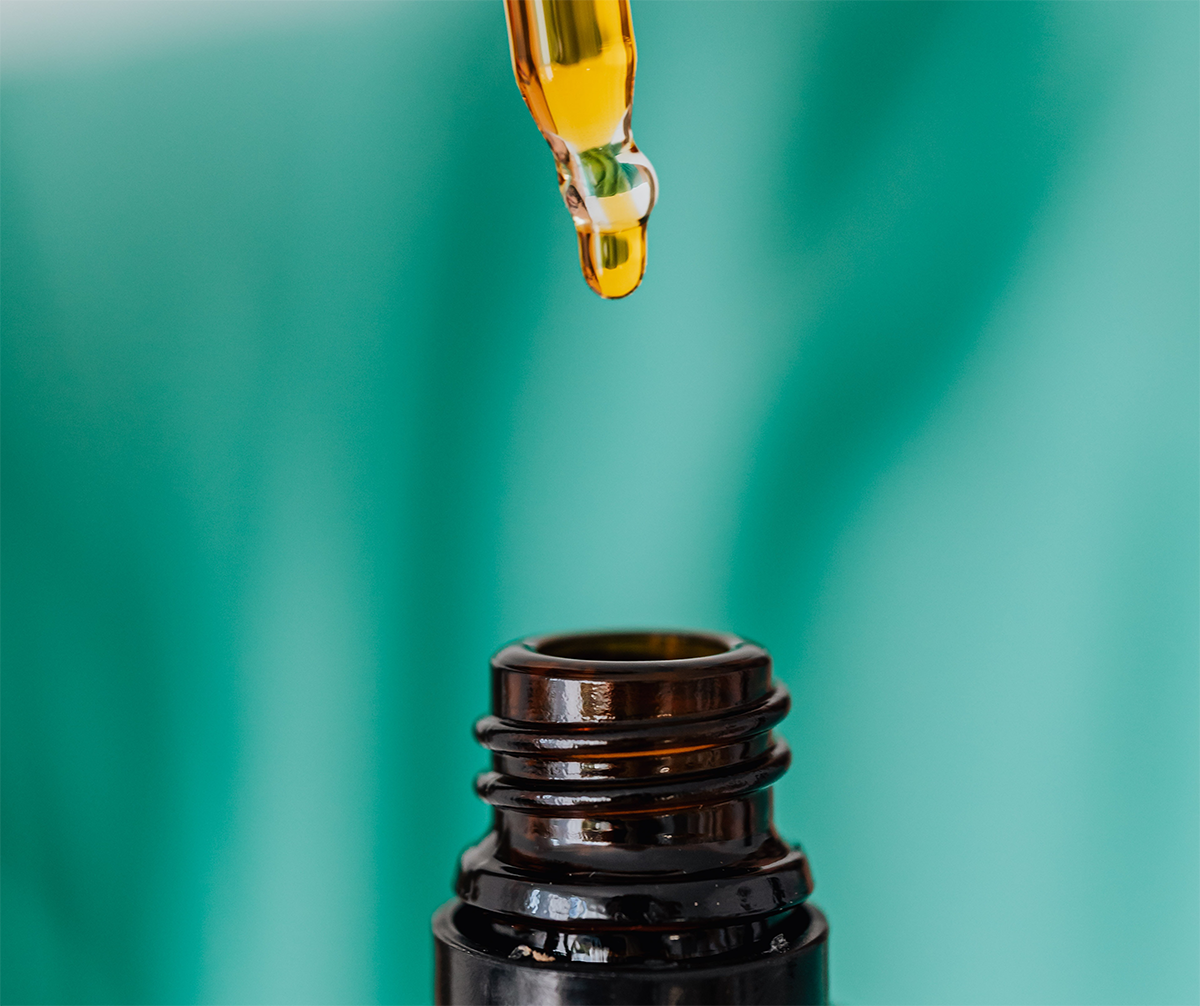
CBD, or cannabidiol, has been making waves in the wellness industry for its potential therapeutic benefits. If you’re new to the concept of CBD, you may find yourself wondering about its origins, how it works, and the science-backed benefits it could offer. This beginner’s guide aims to answer all these questions and more.
Understanding CBD Oil
Cannabidiol (CBD) is one of over 100 chemical compounds, known as cannabinoids, found in the cannabis plant. Unlike its more famous sibling compound, THC (tetrahydrocannabinol), CBD is non-psychoactive, which means it won’t give you the ‘high’ associated with marijuana.
CBD oil is derived from the hemp plant, a variety of cannabis that contains high levels of CBD and low levels of THC. The oil is extracted and then diluted with a carrier oil like coconut or hemp seed oil.
The Science of CBD
The human body contains a specialized system called the endocannabinoid system (ECS), which is involved in regulating a variety of functions including sleep, appetite, pain and immune system response. The body produces endocannabinoids, which are neurotransmitters that bind to cannabinoid receptors in your nervous system.
CBD impacts this system by inhibiting the absorption of anandamide, a natural cannabinoid molecule that regulates pain. Furthermore, CBD has been found to interact with certain receptors that could influence the serotonin levels in the body, which can help with anxiety and depression.
Benefits and Uses
A growing body of research suggests that CBD may be beneficial for a range of health issues, including:
- Pain Management: Studies have shown that CBD may help reduce chronic pain by impacting endocannabinoid receptor activity, reducing inflammation and interacting with neurotransmitters.
- Anxiety and Depression: CBD has shown promise as a treatment for both depression and anxiety, leading many who live with these disorders to become interested in this natural approach.
- Neurological Disorders: Research is ongoing, but CBD has shown a positive effect on symptoms related to neurological disorders like epilepsy and multiple sclerosis.
- Heart Health: Recent research has linked CBD with several benefits for the heart and circulatory system, including the ability to lower high blood pressure.
Using CBD Oil
CBD oil can be taken orally, applied to the skin, or inhaled as a vapor. If taken orally, it can be directly placed under the tongue or incorporated into foods and drinks. For skin application, you can massage the oil directly onto the desired area.
When choosing a CBD oil product, look for high-quality options like The Real CBD, which are rigorously tested to ensure purity and potency.
A Word of Caution
While CBD is generally well tolerated and considered safe, it may cause adverse reactions in some people. Side effects noted in studies include fatigue, changes in appetite, and diarrhea^(8^). Always consult with your healthcare provider before incorporating CBD into your routine.
Conclusion
In conclusion, CBD oil presents an exciting frontier in natural wellness research. If you’re interested in trying CBD oil, we recommend The Real CBD for its commitment to quality and transparency.
Whether you’re looking for relief from chronic pain, struggling with anxiety or simply want to improve your overall wellness, CBD oil could be worth exploring. Discover the potential benefits today with The Real CBD.
References:
- Atakan, Z. (2012). Cannabis, a complex plant: different compounds and different effects on individuals. Therapeutic advances in psychopharmacology, 2(6), 241–254. https://doi.org/10.1177/2045125312457586
- Aizpurua-Olaizola, O., Soydaner, U., Öztürk, E., Schibano, D., Simsir, Y., Navarro, P., Etxebarria, N., & Usobiaga, A. (2016). Evolution of the Cannabinoid and Terpene Content during the Growth of Cannabis sativa Plants from Different Chemotypes. Journal of natural products, 79(2), 324–331. https://doi.org/10.1021/acs.jnatprod.5b00949
- Blessing, E. M., Steenkamp, M. M., Manzanares, J., & Marmar, C. R. (2015). Cannabidiol as a Potential Treatment for Anxiety Disorders. Neurotherapeutics : the journal of the American Society for Experimental NeuroTherapeutics, 12(4), 825–836. https://doi.org/10.1007/s13311-015-0387-1
- Russo E. B. (2008). Cannabinoids in the management of difficult to treat pain. Therapeutics and clinical risk management, 4(1), 245–259. https://doi.org/10.2147/tcrm.s1928
- Kasper, A. M., Sparks, S. A., Hooks, M., Skeer, M., Webb, B., Nia, H. T., Morton, J. P., & Close, G. L. (2021). High Prevalence of Cannabidiol Use Within Male Professional Rugby Union and League Players: A Quest for Pain Relief and Enhanced Recovery. International journal of sport nutrition and exercise metabolism, 31(4), 315–322. https://doi.org/10.1123/ijsnem.2020-0417
- Friedman D, Sirven JI. Historical perspective on the medical use of cannabis for epilepsy: Ancient times to the 1980s. Epilepsy Behav. 2017 Jun;70(Pt B):298-301. doi: 10.1016/j.yebeh.2016.11.033. Epub 2017 Feb 18. PMID: 28223059.
- Stanley, C. P., Hind, W. H., & O’Sullivan, S. E. (2013). Is the cardiovascular system a therapeutic target for cannabidiol?. British journal of clinical pharmacology, 75(2), 313–322. https://doi.org/10.1111/j.1365-2125.2012.04351.x
- Huestis, M. A., Solimini, R., Pichini, S., Pacifici, R., Carlier, J., & Busardò, F. P. (2019). Cannabidiol Adverse Effects and Toxicity. Current neuropharmacology, 17(10), 974–989. https://doi.org/10.2174/1570159X17666190603171901
Please note: While I strive to ensure all information is accurate and up-to-date, it is essential to conduct your own research and consult with a qualified healthcare provider or medical professional before making any decisions based on the contents of this article.
